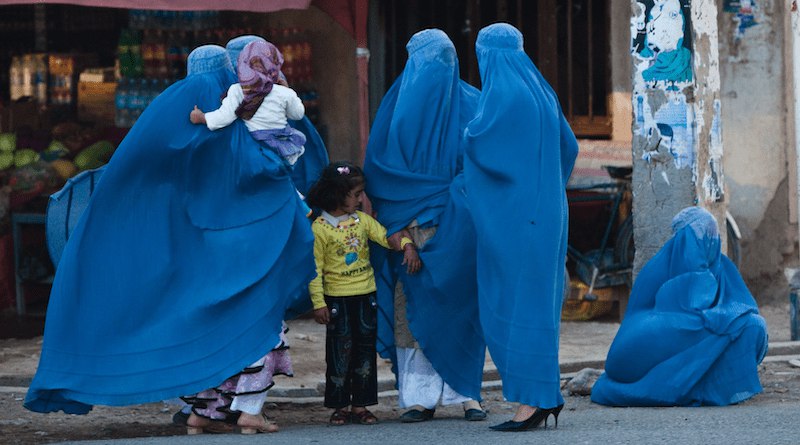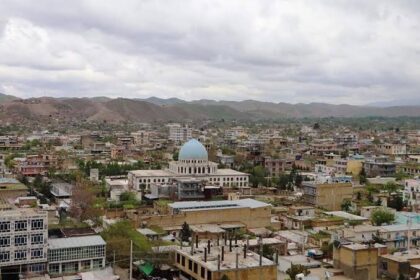RASC News Agency: Nearly four years after the Taliban’s return to power in Afghanistan, the plight of millions of Afghanistani women has deteriorated into what international organizations now describe as “institutionalized misogyny.” According to a recent analysis published by Eurasia Review, the Taliban regime has not merely violated women’s fundamental rights it has embedded gender apartheid into the very fabric of its governance, law, and social order. Experts argue that the Taliban have deliberately constructed a governance model rooted in gender-based discrimination, transforming the systematic repression of women into a legal and cultural mandate. Unlike previous patriarchal patterns rooted in ignorance or neglect, the current form of misogyny is intentional, methodical, and strategically designed to eradicate women from public, cultural, economic, and political life in Afghanistan.
Since seizing power in 2021, the Taliban have imposed sweeping bans on female education prohibiting girls from attending school beyond the sixth grade, shutting down universities to female students, and even suspending elementary schooling in many provinces. Women have been expelled from the workforce, barred from government offices, the media, NGOs, and even humanitarian organizations. Economic participation for women has been reduced to near nonexistence. In many cases, international aid organizations have been forced to dismiss female employees just to maintain operations under Taliban-imposed restrictions. A former employee of an international health NGO, speaking under condition of anonymity, noted grimly: “Today, if a woman falls ill, even in public hospitals, there is often no one willing or allowed to treat her.”
In several provinces, women and girls are banned from entering parks, bathhouses, beauty salons, and even cemeteries. Reports confirm that Taliban officials storm homes to check women’s phones, confiscate photographs, and punish those who appear on social media, travel without a male guardian, or even laugh in public. These acts are not isolated incidents; they form a deeply embedded strategy to suppress and erase women’s presence from society. A female activist in Kabul, who requested anonymity for safety reasons, told Eurasia Review:
“Being alive in Afghanistan is no longer enough. Under this regime, being a woman breathing, speaking, dreaming is treated like a crime.”
This sustained oppression has sparked a mental health crisis of staggering proportions. Soaring rates of depression, anxiety disorders, identity collapse, and suicide are among the silent devastations of Taliban rule. Hospital sources report that the number of female patients seeking psychiatric help has tripled in 2024 compared to previous years. The Taliban’s gender-based repression also functions as a tool of ethnic domination. In regions with significant non-Pashtun populations such as Tajik, Hazara, and Uzbek communities misogyny is not only a matter of ideological enforcement but also a means to undermine the cultural identity of minority groups. In provinces like Daikundi, Ghor, and Badakhshan, girls’ schools have been shuttered under pretexts such as the absence of a “male guardian,” while in Pashtun-majority provinces, the enforcement is often more lenient exposing the ethnic bias that underpins the Taliban’s so-called morality.
Despite repeated condemnations by the United Nations, the European Union, Human Rights Watch, and other international bodies, no meaningful or effective action has been taken to halt this wave of gender persecution. While the international community continues to send humanitarian aid, it simultaneously enables a regime that is actively eliminating women from Afghanistan’s social existence creating a paradox that legitimizes oppression under the guise of assistance. Today’s Afghanistan has become a land of shadows for its women those who once served as teachers, doctors, journalists, politicians, or students are now forcibly silenced, their futures stolen, their voices extinguished. What is unfolding is not merely a human rights crisis, but a historic, cultural, psychological, and social catastrophe.
The Taliban’s regime of gender apartheid is not only destroying the present it is engineering a future devoid of women’s participation, creativity, and leadership. Without urgent international intervention, this institutionalized misogyny threatens to condemn generations of Afghanistani women to lives of invisibility, trauma, and erasure.






